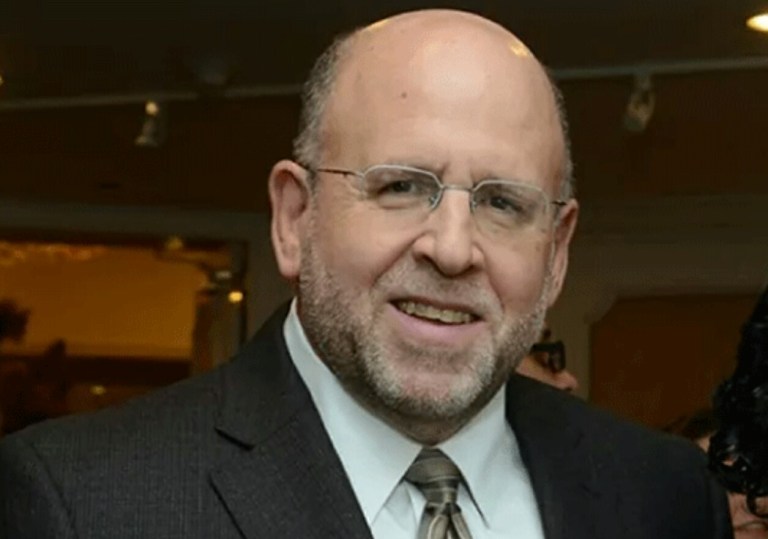
The novel coronavirus has shared some of the biggest headlines in 2020 with the shootings and deaths of black men and women at the hands of white police officers.
Breonna Taylor was fatally shot, eight times, on March 13 after police executed a no-knock warrant at her residence in Louisville, Ky.; George Floyd was strangled to death on the street by a Minneapolis, Minn, police officer on May 25; and Jacob Blake was shot in the back seven times by a Kenosha County, WI police officer on Aug. 23.
This is by no means an exhaustive list, only a few of the most recent 2020 flashpoints that exemplify systemic racism in policing.
As a counterpoint to the Black Lives Matter movement, the slogan Blue Lives Matter has been prominent on social media and in counter-protests; as have recent calls to condemn the August 9 killing of a five-year-old white child, Cannon Hinnant, at the hands of a black man in North Carolina.
The suggestion in the latter case is that when an innocent white child is killed by a black man it should get the same attention as a black man killed by a white police officer.
Police officers who put their lives on the line deserve our support. Because I stand against the rising tide of black men and women being killed by police, it does not suggest that I do not value quality policing or care less about the murder of a white child.
Thirty-five years ago, I had the privilege of meeting with a group then called POMC – Parents of Murdered Children. I was invited to their meetings as a mental health consultant.
The leaders of the group, a married couple whose young adult son was murdered, invited me into their home to join the group and bear witness to their tragic stories.
After a few meetings, I offered the group the opportunity to move their meetings to the headquarters of the mental health agency – a house, where I worked. I also offered a mental health professional to join them.
I thought that offering a safe, comfortable and neutral setting and providing them with someone who might nurture the development of their group could be helpful. They took me up on my offer and they have continued to meet ever since for the last 35 years.
I don’t feel the need to qualify my belief that black lives matter, although some would suggest that I don’t think others’ lives matter as much. This is a convenient charge by anyone who has never lost a moment’s sleep worrying about their own loved ones being capriciously killed by police, as parents of color often do.
Although most police serve with distinction seven days a week without brutalizing or killing a black man or woman who pose no imminent threat to them, that is not what makes them good cops.
What makes a good cop is reporting a bad one. Advancing racial equity in policing requires a culture in which reporting brutality becomes the norm.
The thin blue line is only as strong as its ability to challenge the blue wall of silence, especially when equal justice hangs in the balance.
Andrew Malekoff
Andrew Malekoff is a New York State licensed clinical social worker







Thank you Andy, well written article. Your views and seeing the whole picture clearly are spot on.
Enjoyed the read!
Thank you!